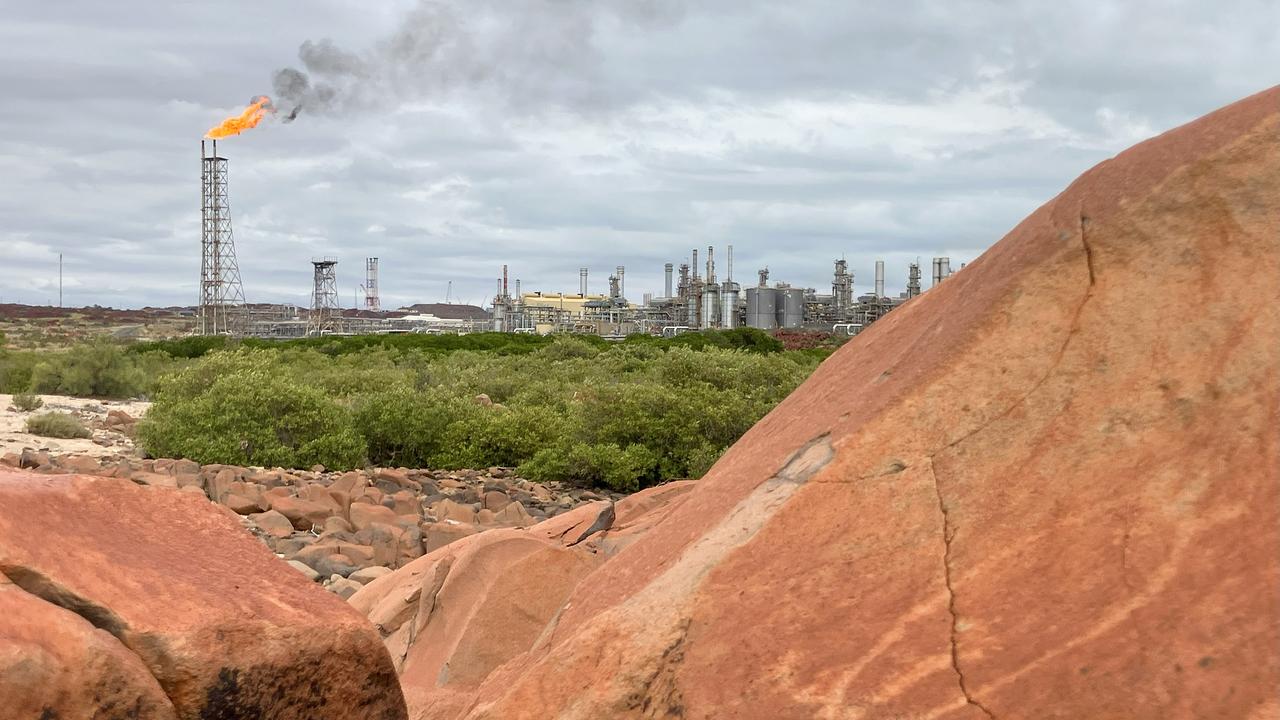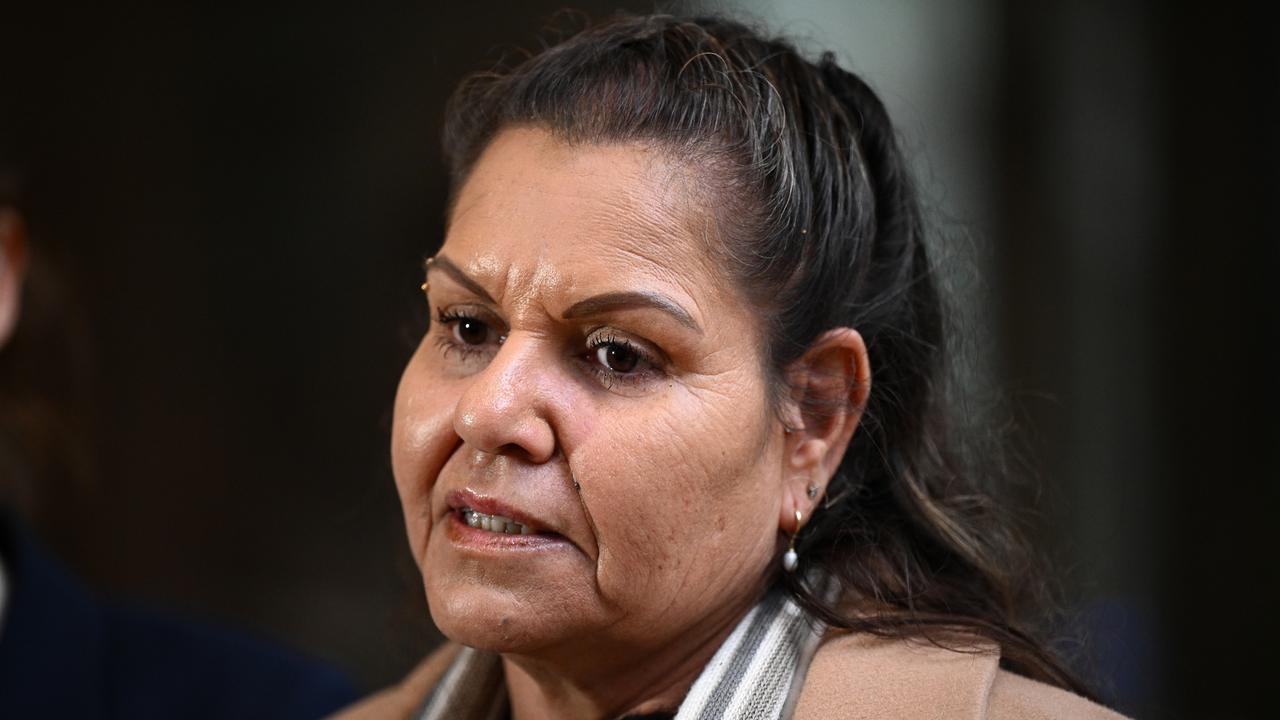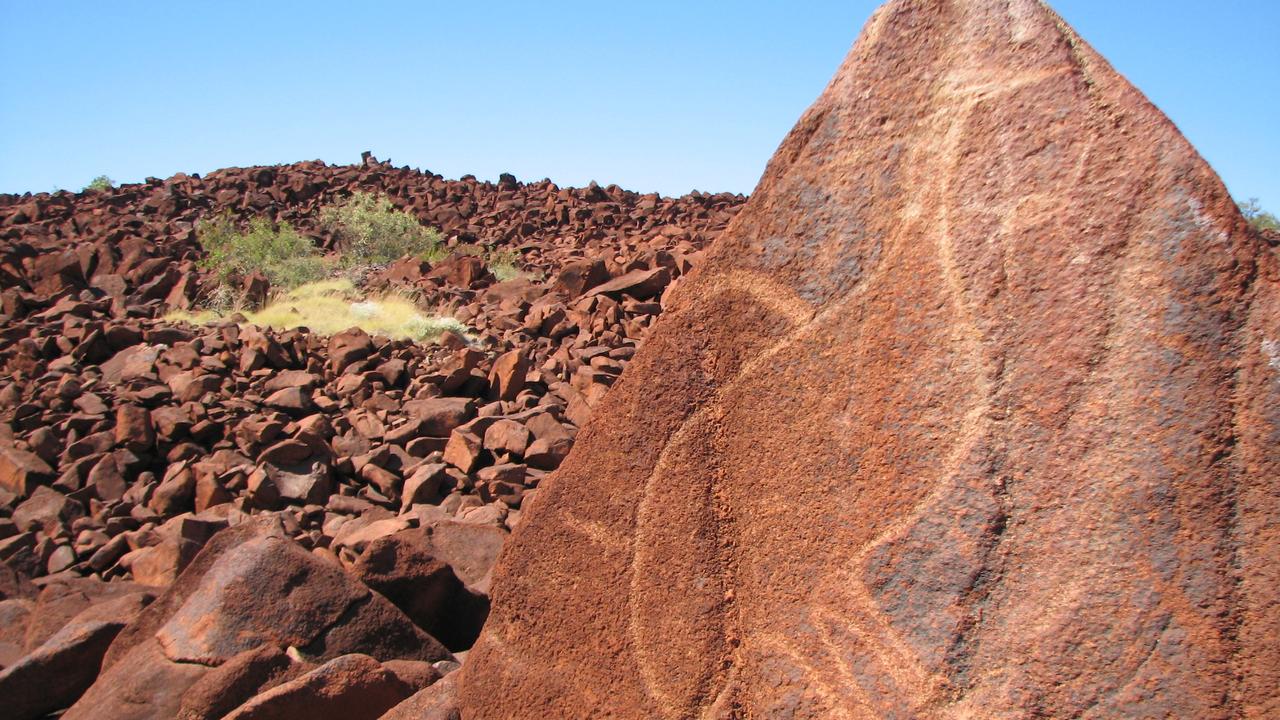
The federal government’s final tick of approval for Australia’s biggest gas project to continue operating until 2070 may have breached the environment minister’s international legal obligations, a traditional owner says.
Environment Minister Murray Watt green-lit the 40-year extension for Woodside Energy’s controversial North West Shelf development in Western Australia’s Pilbara region on Friday.
Murujuga traditional owner and Mardathoonera woman Raelene Cooper said the decision was “a slap in the face” and “a crime against humanity”.

“This is not just destroying Murujuga country, but will impact communities all around the world,” she said.
“It is a betrayal of Aboriginal people, it is a betrayal of our Elders, it is a betrayal of future generations. It is a betrayal of all Australians.”
Ms Cooper said her lawyers had put Senator Watt on notice that the approval may have breached his statutory duties and international legal obligations.
“I will take some time to examine the full implications of these two decisions, and to seek further legal advice from my lawyers,” she said.
“I will have much more to say in coming days.”
Preliminary approval for the extension was granted to gas company Woodside in May and, since then, the company has been negotiating with government officials over the exact conditions placed on the processing hub.
Senator Watt said restrictions on the project will help protect world-heritage-listed Indigenous rock art near an onshore processing facility, while allowing gas and oil processing to continue.

The government has also imposed extra legal protections on part of the Murujuga heritage site, forcing companies to consult with local Indigenous groups to protect the 40,000-year-old carvings.
In February 2022, Ms Cooper and Josie Alec applied for a declaration under section 10 of the Aboriginal and Torres Strait Islander Heritage Protection Act to protect sites on the Burrup Peninsula from injury and desecration.
They alleged damage included the removal of sacred sites and rock engravings, the degradation of rock engravings from industrial emissions and chemical discharge, and the degradation of cultural heritage values from visual and noise pollution.
Woodside Energy’s gas processing facilities and two fertiliser plants were said to be the cause of the harm in the application.
The Burrup Peninsula, which is about 27km long and also known as Murujuga, contains some of the world’s oldest and largest petroglyphs.
Its rock art landscape was listed by the United Nations Educational, Scientific and Cultural Organisation (UNESCO) as a heritage site in July.
The inscription recognises the First Nations cultural value of the more than one million engravings at the site, some of which are thought to be more than 50,000 years old.
Woodside said it was committed to protecting the Murujuga rock art after Senator Watt announced the approval decision.